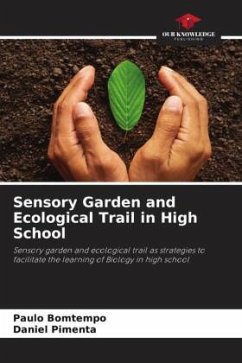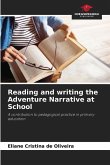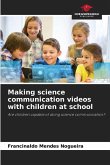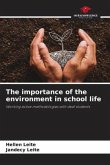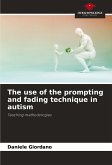Teaching Biology faces challenges that the classroom teacher often has difficulty overcoming, such as the amount of content, conceptual aspects, and preparation for college entrance exams. In this context, the objective of this work was to develop strategies that could facilitate the teaching of Biology to high school students in non-formal spaces, such as Sensory Gardens (SC) and Ecological Trails (ET). Statistical evaluations were made by frequency of responses and stratified by grade, age and sex of the students with the help of semi-structured questionnaires. In the questionnaires answered, the students reported positive feelings such as peace, tranquility, calm, well-being and happiness, besides the contribution of the JS to the lesson in the ET, increased interest in Biology besides the greater proximity to nature and the transmission of knowledge. The analysis of the relationship between JS and TE, for teaching, showed us one more strategy for the development of learning.
Bitte wählen Sie Ihr Anliegen aus.
Rechnungen
Retourenschein anfordern
Bestellstatus
Storno

